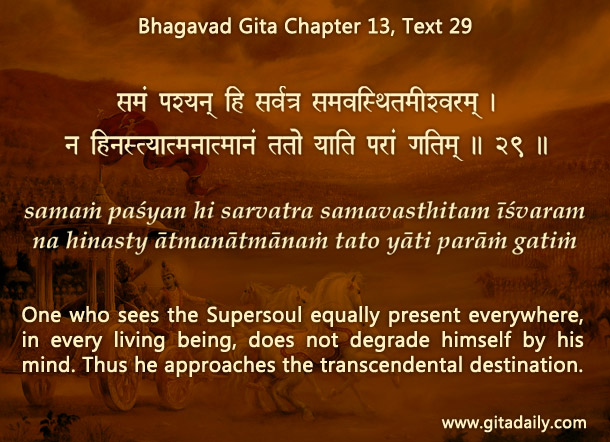Are we living in a hall of mirrors? – Suppose we were in a hall filled with mirrors, most of which are deliberately designed to give a distorted reflection of us. By looking at those mirrors, we would never come to know how we actually look. If we try to adjust our hair so that it looks good in one mirror, it starts looking bad in another mirror. If the same happened with every aspect of our appearance, we would start feeling perplexed, even paranoid.
We often live in a hall of mirrors with respect to our very sense of identity, which is shaped significantly by how people perceive us. They are like mirrors who give us a particular reflection from their perspective. Our friends may tell us how good or poor a friend we are. Our colleagues may opine about us based on our professional life. Our family members may opine about us based on our family interactions. And in today’s world, the media and the social media have expanded the hall of mirrors almost unlimitedly; our self-worth deteriorates as we compare ourselves with the world’s best-doctored images.
How do we get out of the hall of mirrors? By turning to a mirror that shows who we actually are. And the Bhagavad-gita shows us just such a mirror by explaining how we are essentially spiritual beings (02.13). Being precious parts of the Divine, we have intrinsic self-worth (15.07). Grounded thus in our essential identity, we can calmly and objectively parse through competing social perceptions and focus on the things that truly matter for us (13.29). By such sustained actions, we can, whenever necessary, tangibly boost our self-worth even in those of the world’s mirrors that matter for us.
One-sentence summary:
To avoid being trapped in the hall of mirrors that is our contemporary world, we need the mirror of Gita wisdom to remind ourselves of our essential identity and our intrinsic self-worth.
Think it over:
- How do we live in a hall of mirrors?
- Which mirror shapes your identity most negatively?
- How can you ground yourself in your essential identity?
***
13.29: One who sees the Supersoul equally present everywhere, in every living being, does not degrade himself by his mind. Thus he approaches the transcendental destination.


Leave A Comment